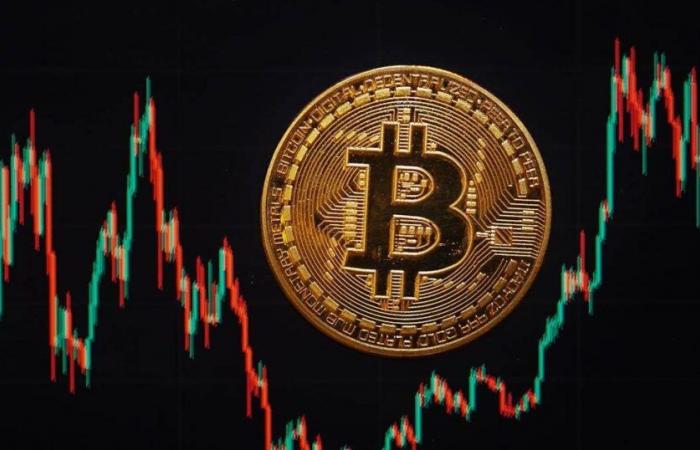
Since the election of Donald Trump, the craze for cryptocurrencies has reached new heights. While these virtual assets worry as much as they excite, specialist journalist Nastasia Hadjadji highlights the intrinsically political aspect of the phenomenon and its particular entanglement with American politics.
“Cryptocurrencies” are often described as decentralized digital currencies that allow their users to carry out direct transactions without going through a bank. “That's the initial promise, but it's a little more complicated than that,” Nastasia Hadjadji immediately adds nuance, interviewed Tuesday morning on the show Tout un monde.
“Researchers who are genuinely interested in the subject, from the technical point of view, in cryptography, but also from the economic point of view, on its functions as money, come to the conclusion that it is neither something extremely secure, nor even a currency, for a lot of reasons. This is why I prefer to call it a speculative asset”, specifies the author of “No Crypto: How Bitcoin has bewitched the planet” (ed. Divergences, 2023. ).
Technologies are not neutral
Beyond the purely technical and financial aspect of crypto (read box)it highlights its multiple political issues. “Technologies are not neutral. In the very functioning of this asset reside technical choices which have economic and political resonances,” she argues.
“For example, the fact that it is a fixed money supply is very much inherited from a thinking in which monetary policy is enormously criticized for its supposed role in inflation. All these principles are not neutral and Bitcoin has always been an eminently political object.”
The crypto industry has truly emerged as the new monster of American political lobbying
More concretely, the price of Bitcoin – among others – soared on the sidelines of Donald Trump's announced return to the White House. Asked about this dynamic, Nastasia Hadjadji explains that it is not a simple reaction to the billionaire's election, but that the two things are much more interconnected than it seems.
>> See on this subject:
“One of the notable facts of this year 2024 and the campaign which led to his re-election is that the crypto industry has truly constituted itself as the new monster of American political lobbying, by raising hundreds millions of dollars”, observes the specialist in the digital economy.
It's a capital-intensive industry. And to preserve capital, you must have support in the State. This is the basis of neoliberalism
“So the election of Donald Trump brought Bitcoin, but Bitcoin is mainly supported by the explicit support of all those who brought Donald Trump to power, that is to say part of the technology elite “, she analyzes, citing personalities like Peter Thiel, David Sachs, or even “the sadly essential” Elon Musk.
“It is real dollars, and not cryptos, which have irrigated this campaign and which establish this industry as the new heavyweight of private financing of American politics, ahead of traditional industries such as oil, steel, tobacco , etc.”, she believes.
Vers une industrie “too big to fail”?
In addition to the ideological proximities between these libertarian-conservative billionaires and the Republican Party, it is also a question for the sector of ensuring a successful future: “The crypto industry needs to influence Washington to ensure its survival. It needs to be institutionalized to be sure that there is both financial and political support. It is an industry that mobilizes a lot of capital. And to preserve capital, you have to have support in it. the State. It is the basis of neoliberalism.”
And Nastasia Hadjadji points out a paradox: “Basically, Bitcoin was constituted as a pseudo-dissident asset, against censorship, against government control, as a kind of parallel economy extremely hostile towards banks and finance. Today, to ensure its economic survival, this industry needs to have relays in power and to influence regulations.
“The logic of this industry is to become too big to failto get in the good books of Wall Street and the American government. Hence the idea of a strategic Bitcoin reserve. And that's also why they need new liquidity and people to jump on the bandwagon,” she concludes.
Comments collected by Eric Guevara-Frey
Web text: Pierrik Jordan





